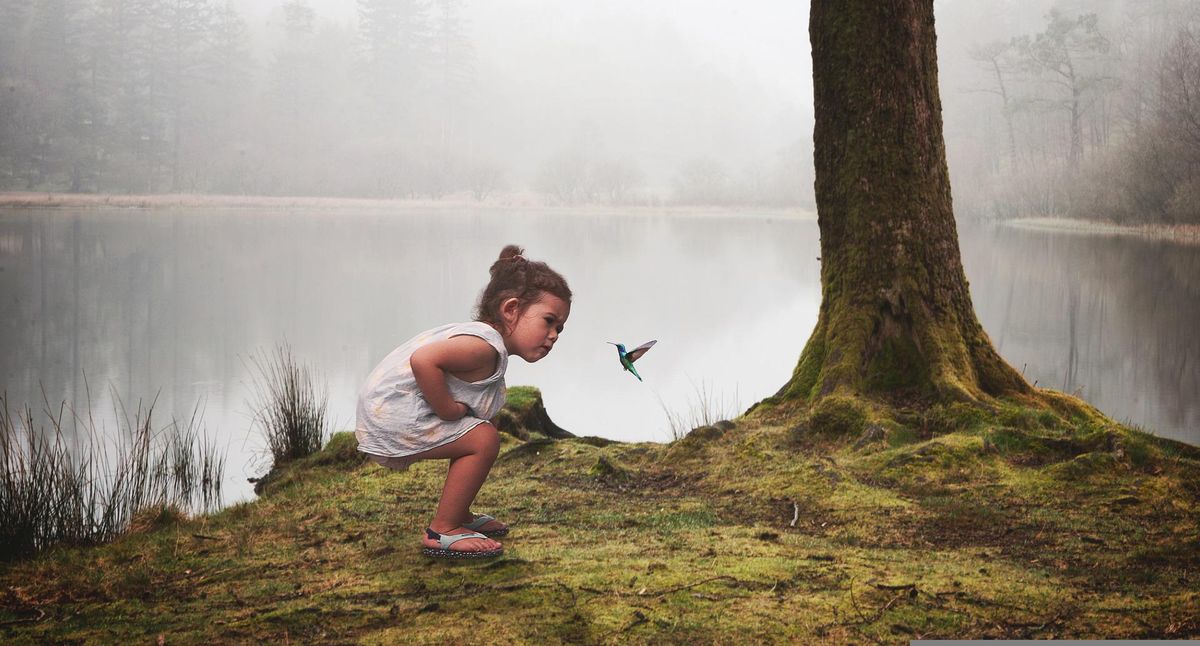Naming Dampens Curiosity
Going just one layer deeper helped turn a moment of curiosity into a lifetime of appreciation for just one small part of our animal kingdom.

On Monday morning Andie had me come look out our bedroom window. She asked, "What is that?"
I wasn't sure, was it a badger? A beaver? Definitely not an opossum, right? I know I don't like those.
(Checks a picture of an opossum...yeah, definitely not one of those.)
Before we found our answer, I was reminded of a passage I had just read from The Pleasure of Finding Things Out, by Richard Feynman.
Feynman, a master of learning and curiosity, tells us a story of how his classmates couldn't believe that he didn't know (and that his father hadn't taught him) that the bird they saw on the baseball field was a brown-throated thrush. (I think his classmates were wrong about the name, by the way.)
In reality, Feynman's father had taught him the name of that bird in English as well as many other languages. After his father taught him all the names of this bird he asked what his son knew about this bird? Feynman knew nothing.
You can watch a video of Feynman telling the same story here:
Knowing a name or finding a name for something dampens curiosity. Unless, you use a learned name or concept to go one layer deeper, which is what I did with the groundhog — the name of the animal that scurried through our yard.
I learned that groundhogs are in the same family of the marmot, which is an animal that amused Andie and me during our time spent in Olympic National Park. This simple connection made the movements of this groundhog a bit less creepy and certainly more joyful.
I also learned that, "Groundhogs are an extremely intelligent animal forming complex social networks, able to understand social behavior, form kinship with their young, understand and communicate threats through whistling, and work cooperatively to solve tasks such as burrowing."
Is that not fascinating?
Going just one layer deeper helped turn a moment of curiosity into a lifetime of appreciation for just one small part of our animal kingdom.